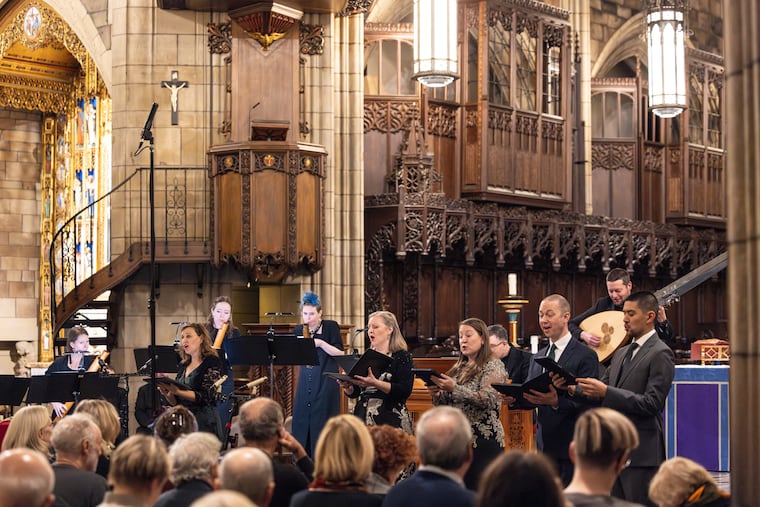Chamber of Commerce files lawsuit against Trump to prevent 0,000 fee for H-1B visas.
The U.S. Chamber of Commerce has initiated legal proceedings against the Trump administration to contest the recent imposition of substantial fees associated with the H-1B visa program, which is primarily utilized by technology companies in Silicon Valley. This lawsuit, filed in the U.S. District Court for the District of Columbia, contends that the newly established fee of 0,000 contravenes the Immigration and Nationality Act.
According to the Chamber’s complaint, the fee is described as not only an ill-conceived policy but also as unlawful, with the organization seeking a court order to prevent its implementation and to assert that it exceeds the authority granted to the executive branch. This legal challenge is noteworthy, given the Chamber’s influential position among business coalitions in Washington D.C.
The U.S. Chamber of Commerce has criticized the newly introduced visa fee, emphasizing that it presents a significant financial barrier for U.S. employers, particularly for startups and small to medium enterprises. Neil Bradley, the executive vice president at the chamber, stated that the H-1B program was initially established by Congress to ensure that businesses of varying sizes could access necessary global talent to bolster operations within the United States.
In conjunction with these developments, President Trump previously signed an executive order allowing affluent foreigners to obtain a U.S. residency “gold card” for million, while corporations could secure a “corporate gold card” for million, enabling them to sponsor employees. The administration justified the imposition of the 0,000 visa fee by asserting that it would discourage companies from using the H-1B program to recruit entry-level personnel while promoting its usage solely for securing highly skilled individuals.
Typically, employers leverage H-1B visas to hire foreign workers possessing specialized knowledge, particularly in fields such as science and technology, in situations where they are unable to find suitable American candidates. Tech firms are among the largest recipients of these visas; however, other industries, including manufacturing, finance, education, retail, and healthcare, also benefit from the program.
Following the administration’s announcement of the policy changes in mid-September, there was a period of significant confusion for H-1B visa holders and companies reliant on this program to recruit international talent. Subsequent clarifications indicated that the newly imposed regulations would not impact current visa holders.
Annually, approximately 85,000 new H-1B visas are made available, although certain exemptions are in place for educational institutions. In the previous year, the government received around 425,000 H-1B visa petitions, with recipients chosen through a lottery system. Prior to the recent changes, application fees for H-1B visas, which varied based on employer size and status, typically did not exceed ,000, excluding additional legal costs.
As this legal battle progresses, it underscores the ongoing debate surrounding immigration policy and its implications for U.S. businesses and the economy as a whole.
Media News Source







